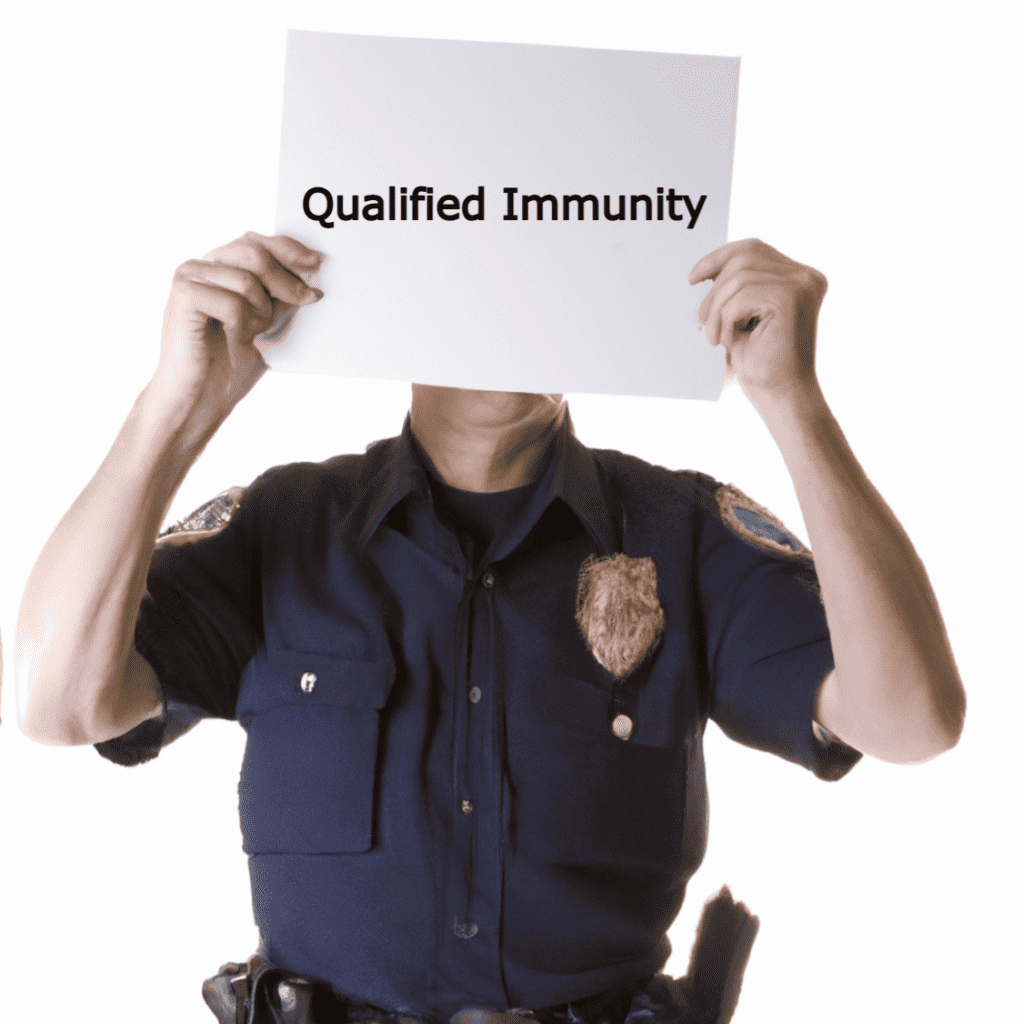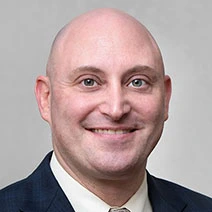An unfolding legal battle in Austin, Texas, has placed the spotlight not only on a specific incident of police-involved shooting but also throws into stark relief the broader, contentious issue of qualified immunity within the American legal system.

In October 2021, the death of 17-year-old Michael Carothers Jr. in Austin was a tragic incident that intersected with the responsibilities and conduct of police officers in live-fire situations. According to reports, officers, including Glenn Vargas, were investigating a separate incident when they were drawn by the sound of gunfire. Vargas discharged his weapon amidst the chaos, and a bullet from his gun allegedly struck and killed Carothers Jr., who was not involved in the initial violent episode but was, according to a lawsuit from his family, an innocent bystander.
The lawsuit, spearheaded by Michael Carothers Sr., accuses Officer Vargas of acting without “good faith,” alleging that he “negligently and recklessly” discharged his weapon in a populated area, resulting in the fatality. Footage from the incident, including videos from body cams and patrol car’s dash camera, were made public by the then-Austin Police Chief Joe Chacon. While Vargas was placed on administrative duty and eventually ceased being an employee of the Austin Police Department in July 2022, crucially, the specifics of the investigations into the shooting were not disclosed to the Carothers family.
Qualified immunity, a doctrine originating from the Supreme Court, has historically shielded government officials, including police officers, from being held personally liable for discretionary actions performed within their official capacity, unless their actions explicitly violate established legal principles. This legal principle may prove pivotal in the ongoing lawsuit against the city of Austin and, indirectly, Vargas.
Critics of qualified immunity assert that it often acts as a shield for officers who engage in misconduct, enabling them to evade accountability for any missteps or abuses that occur in the line of duty. Proponents argue it is essential to protect officers who are often required to make split-second decisions in high-stakes situations, safeguarding them from frivolous lawsuits that could arise in the aftermath of such decisions.
In the context of the Carothers case, qualified immunity could potentially serve as a formidable legal hurdle for the grieving family. If it is demonstrated that Vargas acted in a manner consistent with a reasonable officer placed in a similar situation — responding to active gunfire in a dynamic, rapidly-evolving scenario — the doctrine could serve to insulate both him and the city from liability.
The city of Austin's officials have communicated their intention to “follow the appropriate process and stand ready to defend the city.” Such defenses, historically, often lean into qualified immunity, particularly in cases involving police officers and the use of deadly force. However, the family’s lawyer, James Roberts, underscores the importance of transparency and clear standards within police departments, both to foster community trust and to ensure accountability in tragic circumstances.
Thus, the case juxtaposes the heartrending loss experienced by the Carothers family with the complex, often fraught legal landscapes navigated by police officers and the municipalities that employ them. It presents an agonizingly complex dilemma: reconciling the imperative for law enforcement to respond effectively to threats with the equally pressing need to secure justice and accountability when interventions yield tragic outcomes.


